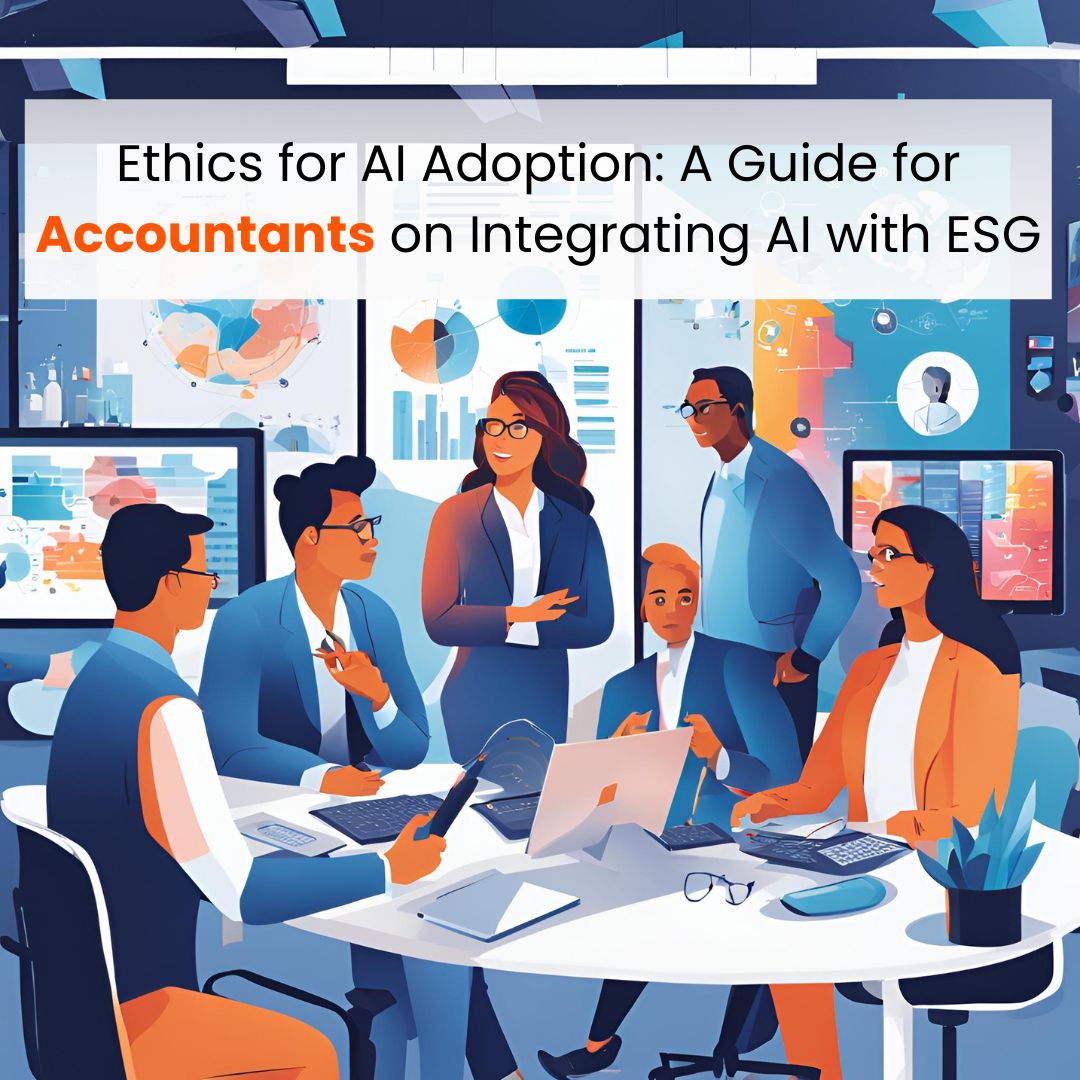BACKGROUND:
As the financial and accounting sectors worldwide are adopting advanced accounting practices, this change requires accountants to learn new accounting and finance skills. By learning and integrating advanced accounting skills in your routine financial tasks you can increase your productivity level and work efficiency. Other than that, over the years a great shift has been observed in the preference of big employers; they prefer candidates who have advanced technological, professional, and soft skills along with a great academic knowledge pace. If you are planning to start your professional journey in Nepal in 2025 as an accountant, this blog will help you know all about the essential accounting and finance skills that can add value to your professional profile and make it attractive to employers.
DIGITAL LITERACY AND ACCOUNTING SOFTWARE PROFICIENCY:
One of the most sought-after accounting and finance skills is digital literacy and proficiency in using accounting platforms or software; as the world is adapting technology in every sector and industry, finance professionals are also required to integrate technology with accounting practices to enhance efficiency and productivity.
To enhance their accounting and finance skills, accountants in Nepal in 2025 are advised to learn accounting tools like QuickBooks, Wave, Xero, Tally, etc. Other in-demand tools and platforms that can be beneficial for accountants are ERP systems that include SAP, Zoho Books, etc.
Read More Benefits of ACCA
TAXATION AND REGULATORY KNOWLEDGE:
The finance and accounting sector of Nepal in 2025 is highly focused on regulatory compliance, employers seek accountants who can perform their professional activities according to tax laws and regulatory framework. Therefore, accountants of Nepal in 2025 are advised to have a good understanding of the VAT Act, Customs regulations, Income tax act, etc. Accountants should keep themselves updated with any changes made in accounting standards and regulatory frameworks to stay competent or relevant in the industry.

today!
FINANCIAL ANALYSIS AND FORECASTING:
Modern accounting and finance sectors in Nepal expect accountants to go beyond numerical calculations and focus on other analytical and decision-making areas. A good accountant is not responsible for finances only; rather he also plays a great role in making informed decisions, strategic planning, and critical thinking for business growth.
Therefore, it is best for aspiring accountants of Nepal in 2025 to learn skills like cash flow projections, budgeting, and ratio analysis. These skills help accountants in forecasting a company’s financial performance, budgeting for the future, and making strategic plans.
Read More ACCA Salary in Nepal
COMMUNICATION AND INTERPERSONAL SKILLS:
Good and effective communication is one of the most important accounting and finance skills; Accountants in managerial roles are responsible for communicating difficult financial statements or reports to employers, stakeholders, and investors. It is difficult for individuals with non-financial backgrounds to understand these complex reports, therefore; accountants should have good communication and interpersonal skills to ensure none of the financial information is misunderstood or misinterpreted.
Additionally, the finance professionals in senior roles are interlinked with all departments (HR, marketing, Sales, etc) to provide them with financial information and help them make informed decisions by providing details regarding financial forecasting, budgeting, etc. To communicate amongst peers and work as a team it becomes crucial to have a good command of verbal and written communication, these are some of the major reasons why accountants of Nepal in 2025 should have mentioned skill.
Read More ACCA in Pokhara
ETHICAL JUDGEMENT AND INTEGRITY:
Financial and accounting sectors around the world are now more focused on ethical values and integrity in professional activities to avoid any fraudulent activities. Accountants have to be extra cautious in terms of integrity as they deal with confidential financial data, therefore; aspiring accountants of Nepal in 2025 are advised to showcase strong ethical and professional values through their work. In such a confidential sector that demands credibility, accountability, and integrity to perform well, accountants of Nepal in 2025 should keep themselves well-equipped with these accounting and finance skills to keep thriving.
KNOWLEDGE OF INTERNATIONAL ACCOUNTING STANDARDS:
Many businesses in Nepal are expanding and the gradually growing business landscape demands efficient financial professionals to make the finance sector stronger resulting in stabilized business growth. To achieve this goal, employers in Nepal in 2025 usually seek accountants who have a good knowledge of international accounting standards, these standards include international reporting as well as auditing principles.
Read More ACCA Graduates
REMOTE WORK AND COLLABORATION TOOLS:
Over time remote work opportunities have become a new fashion, and candidates look for remote or hybrid work opportunities; in such a scenario these finance professionals in Nepal in 2025 need to learn online tools to share documents, files, and meetings. The most helpful skills that can add value to your Resume are; a good command of Zoom, Microsoft Team, Google Workspace, etc. All these tools make your work life so easy and allow you to work from home while staying connected with the team.
CONCLUSION:
If you are an aspiring accountant of Nepal in 2025 who aims to be the best at what they do and attract progressive job opportunities, you need to focus on building technical and professional skills. As much as academics are important to accelerate your professional journey; skills are also equally essential. Employers nowadays seek professionals who are equipped with skills and modern technologies to stabilize the financial sectors. Some of the top qualities Employers seek in accountants of Nepal in 2025 are: a good command of accounting software, digital knowledge, understanding of international accounting standards, good communication skills, ethical judgment, work integrity, Analytical skills, compliance with regulations, etc. These qualities are highly valued amongst financial employers as they contribute to business growth, fraud-free finances, financial stability, etc.
Read More Role of an Auditor
FREQUENTLY ASKED QUESTIONS:
Q1: Which accounting qualification is best for aspirants in Nepal in 2025?
A: Looking at the demand for compliance with regulatory framework and accounting standards along with modern technical skills, it is safe to say that ACCA qualification can be the best choice for aspirants of finance in Nepal in 2025. This qualification not only provides a wealth of accounting and financial knowledge but also offers technical, professional, ethical, and soft skills along with continuous professional development.
Q2: Which principles are followed in Nepal’s financial reporting?
A: Accountants are encouraged to follow International accounting standards for Nepal financial reporting and auditing, however; professionals should comply with local as well as international regulatory framework.






